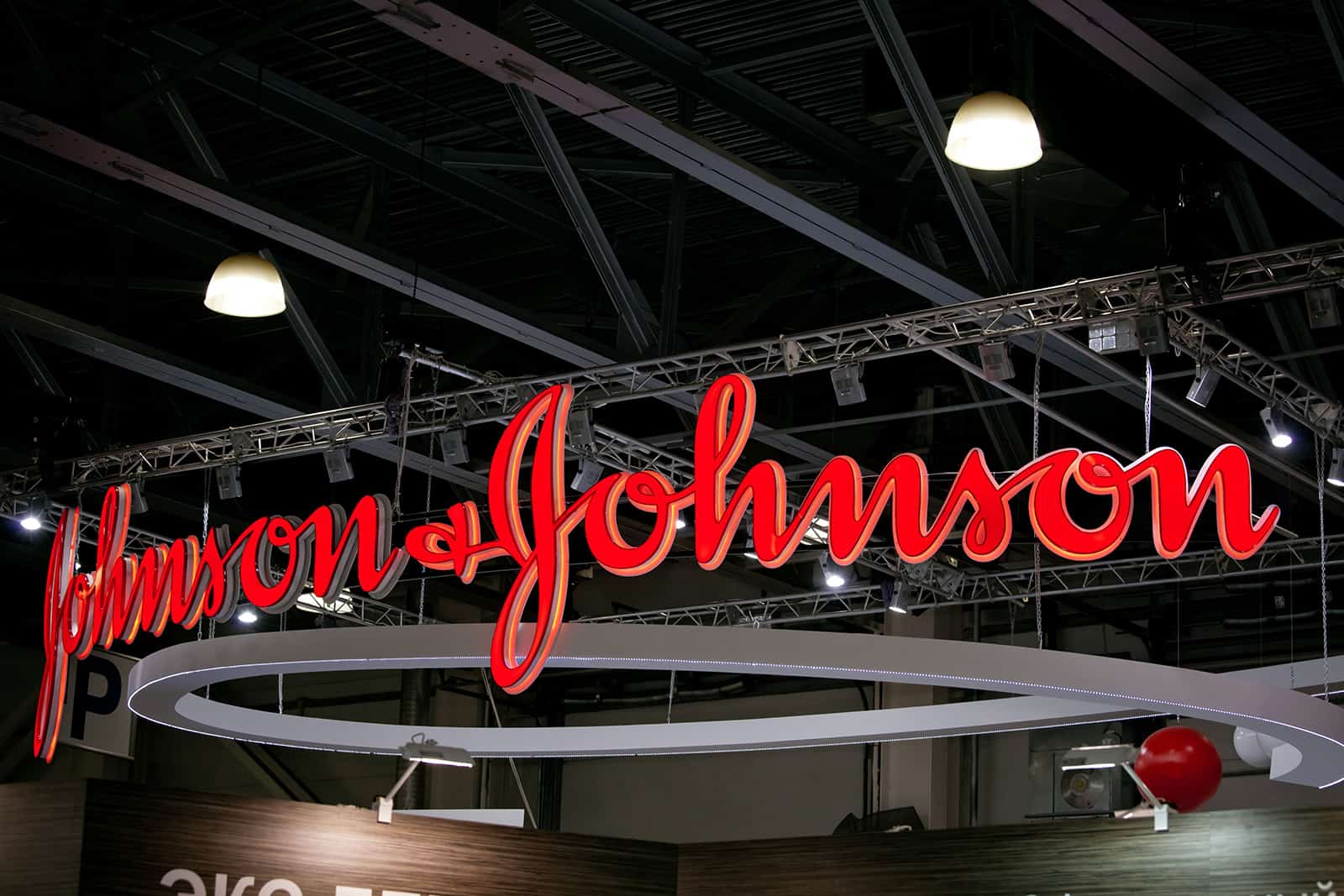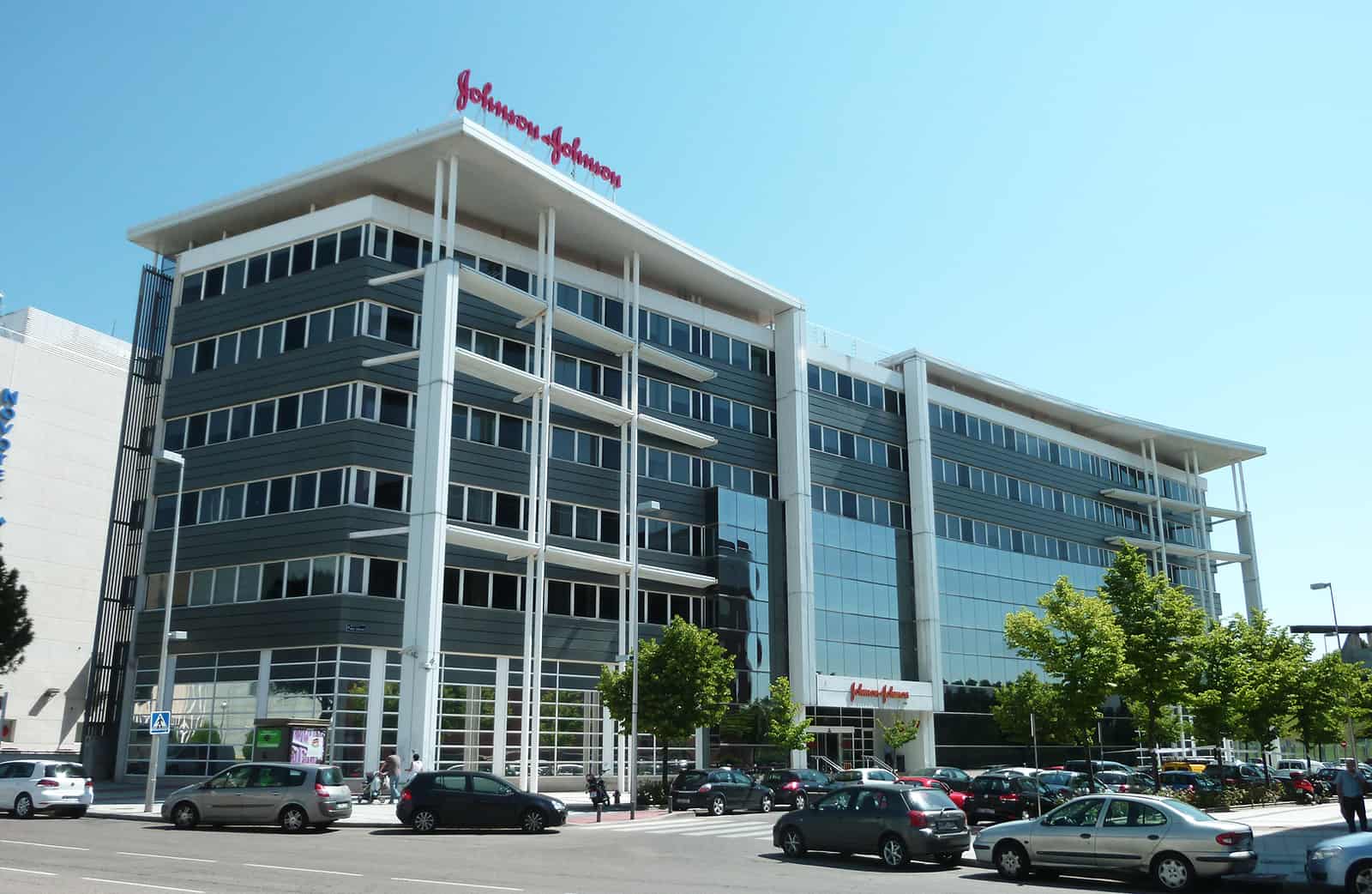We’ve all had bad customer service. We may even swear we’ll never do business with those companies again. However, some companies seem to go above and beyond in terms of lousy customer service, negligence, and selling faulty products. They may create an abusive environment for employees.
Alternatively, consider the loved company who was exposed for hiding for 40 years that its baby powder had a potent carcinogen. Or consider the award-winning movie company that has nearly gone under because of how management tolerated sexual abuse. Sometimes, there are just no words for how awful a company is. The worst of the worst need to be exposed to their deplorable practices. We did so in the list below.

33. Johnson and Johnson
For generations, parents have used Johnson & Johnson products on their infants. These include baby powder, baby soap, and baby shampoo. The products are touted as safe for infants.
Nevertheless, in 2018, the public found out that Johnson & Johnson’s products are much less safe than they thought. Reuters published a damaging report. It stated executives at the company had known for four decades that the baby powder contained asbestos. It’s a powerful carcinogen that causes mesothelioma, a type of lung cancer.

The horror of parents who had used the baby powder on their children could be heard all across the country. Stocks immediately plummeted. To make matters worse, the previous summer, a jury had awarded nearly five billion dollars in a lawsuit to 22 women who claimed to develop ovarian cancer because of their products.
